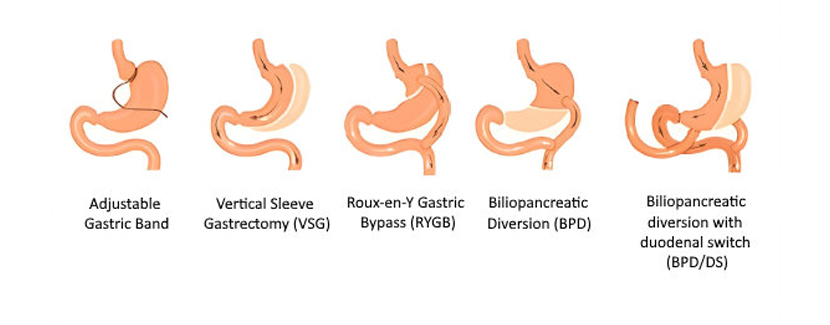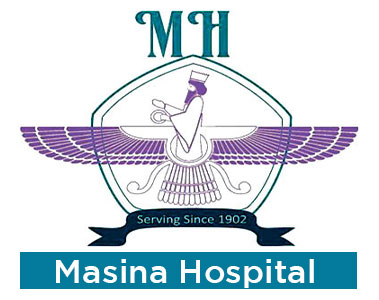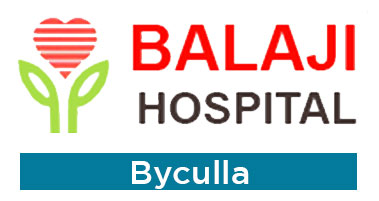Bariatric Surgery

Gastric bypass and other weight-loss surgeries known collectively as bariatric surgery involve making changes to your digestive system to help you lose weight. Bariatric surgery is done when diet and exercise haven't worked or when you have serious health problems because of your weight. Some procedures limit how much you can eat. Other procedures work by reducing the body's ability to absorb nutrients. Some procedures do both.
While bariatric surgery can offer many benefits, all forms of weight-loss surgery are major procedures that can pose serious risks and side effects. Also, you must make permanent healthy changes to your diet and get regular exercise to help ensure the long-term success of bariatric surgery.
There are several different types of bariatric surgery, including:
- Gastric bypass surgery: This involves creating a small pouch at the top of the stomach and then rerouting the small intestine to this pouch. This reduces the amount of food that can be eaten and absorbed.
- Sleeve gastrectomy: This involves removing a large portion of the stomach, leaving a small sleeve-shaped section that limits the amount of food that can be eaten.
- Adjustable gastric banding: This involves placing an adjustable band around the top of the stomach to create a small pouch, which limits the amount of food that can be eaten.
- Biliopancreatic diversion with duodenal switch: This involves removing a portion of the stomach and rerouting the small intestine to reduce the amount of food and nutrients that can be absorbed.
Bariatric surgery is typically recommended for individuals with a body mass index (BMI) of 40 or higher, or a BMI of 35 or higher with obesity-related health problems such as diabetes, high blood pressure, or sleep apnea. The surgery can lead to significant weight loss, improved overall health, and a reduced risk of obesity-related health problems. However, it also carries risks and potential complications, so it is important for individuals considering bariatric surgery to discuss the potential benefits and risks with a qualified healthcare professional.
IMP Link









